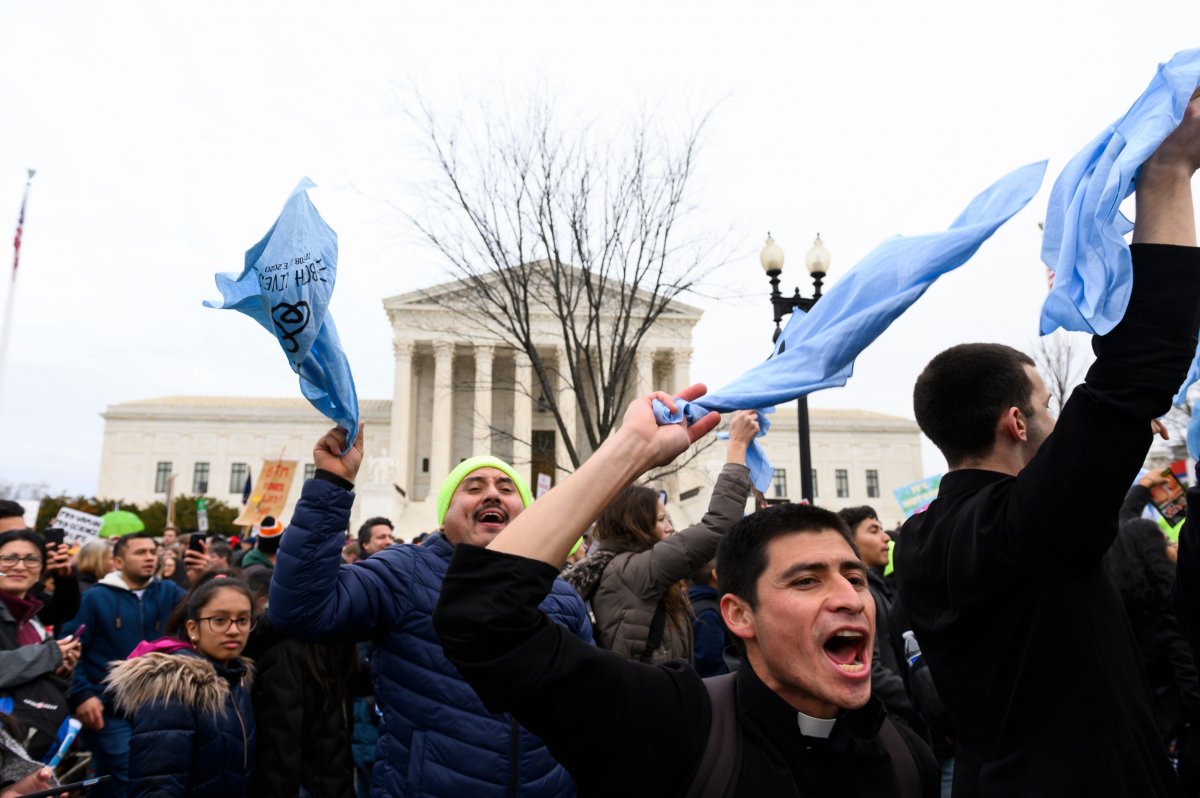On Monday, May 18, USAID, the United States government agency responsible for foreign aid and development assistance, issued a letter to António Guterres, secretary general of the United Nations, requesting that the U.N. remove abortion from its global coronavirus response plan.
Signed by John Barsa, acting administrator of USAID, the letter recalls President Trump's message to the U.N. General Assembly in the fall of 2019, in which he stated that the U.S. will "never tire of defending innocent life." It asks that the secretary general steer the U.N. away from the promotion of abortion in response to the coronavirus crisis and toward essential health care and the provision of food.
The U.N. plan was not subject to member state deliberations, thus affording the U.S. no opportunity to weigh in prior to its release. Having concluded that the plan contravenes current U.S. pro-life development policy, USAID is within its rights to object to the use of American money by the U.N. for the promotion of abortions in developing countries. Abortion, in addition to having no positive impact on a country's development, has no bearing on coronavirus relief—and U.N. efforts should respect national laws that protect life.
In 2019, USAID alone awarded more than $3.5 billion in funds for U.N. activities, the letter states. Such a number evokes the enormous clout of the U.S. If the U.S. is such a large donor, it follows that its requests should be heeded by the U.N. system. While any country, no matter how small, should have the same clout per the design of the U.N., the reality is that the majority of countries with pro-life positions are too vulnerable to dissent in this way, given their dependence on U.N. aid.
The implicit threat in the USAID letter is that the U.S. government could funnel elsewhere the money it gives to the U.N. and increase its direct awards for projects. Such a shift would have a serious effect on U.N. capacity and would not be dissimilar to the U.S. defunding of UNFPA and, most recently, the floated suspension of funding to the World Health Organization.
It would behoove the secretary general to keep in mind that the U.S. government has the funding potential to be a serious competitor to the U.N. in the provision of aid—significantly decreasing the U.N.'s sphere of influence. The U.S. may attract member state defectors tired of suffering through U.N. conditionalities, such as the hinging of coronavirus relief on abortion liberalization.
The U.N. was built on the fundamental principle of the sovereign equality of its member states, as defined in its charter and referenced in the opening line of the USAID letter. In other words, member states should set the agenda of the U.N., while the bureaucracy merely serves as facilitator.
But the current reality reflects little of this original intent for the relationship between governments and the U.N. Although originally created by member states, the U.N. has become a monster that no longer fits back in its cage. This leaves dependent governments little choice but to blindly follow along as it sets a rabid course, often in direct contravention of their own national laws.
The erosion of sovereignty has become a commonplace theme regarding the U.N.—one that is clearly manifest in the campaign to impose abortion legalization under the guise of pandemic relief. Viewed in this light, the USAID letter is not only a warranted, but also essential, response to the infringements on sovereignty by the U.N. If the U.N. is not chastised for such infringements, its invasive and often highly destructive forces will go without check.
Legally, public challenges of U.N. hegemony are crucially important. In time, if countries legalize abortion because they fall prey, without robust dissent, to the false argument that the U.N. says they must do so, abortion legalization would become compulsory for all governments via sheer custom. But dissent makes such a declaration impossible, making clear that some countries still stand for the protection of unborn life.

The USAID letter points to the fact that "member states are deeply divided over the use of the term 'sexual and reproductive health' and its derivatives, and it is among the most polarizing issues raised in U.N. negotiations." In the past year, over twenty countries have joined forces with the U.S. in opposing abortion in international processes at the U.N. General Assembly, World Health Organization and other transnational venues. With the U.S. leading the effort, the hope is that governments that oppose the U.N.'s abortion agenda will be increasingly emboldened to speak out against its coronavirus response plan.
Critics may argue that the U.S. has no business attempting to influence the U.N.'s stance on abortion, given the variety of positions and intensity of debate on the topic in our own domestic context. On the contrary, this is precisely the reason why the U.S. is right to demand that the U.N. leave abortion out of the coronavirus equation. U.N. documents explicitly state that abortion legalization should be determined at the level of national legislatures. The U.N. should not be allowed to override the national conversation on abortion happening in the U.S. and in many countries across the world, especially by capitalizing on the pandemic.
The letter closes with a note that "the United States remains committed to working with [the Secretary General] to preserve human life and defeat the pandemic of COVID-19." The USAID initiative serves as a reminder that preserving human life and defeating the pandemic are one and the same goal—and any authentic victory over coronavirus cannot come at the expense of unborn life.
Elyssa Koren is director of United Nations advocacy for ADF International.
The views expressed in this article are the writer's own.
Uncommon Knowledge
Newsweek is committed to challenging conventional wisdom and finding connections in the search for common ground.
Newsweek is committed to challenging conventional wisdom and finding connections in the search for common ground.
About the writer
To read how Newsweek uses AI as a newsroom tool, Click here.








